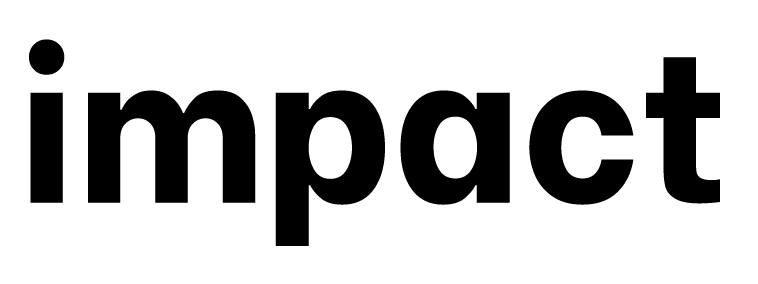Economics
Economics is embedded in every corner of business and society. Students will gain the necessary skills to monitor, analyse and forecast economic trends, behaviors and decision-making processes at the individual, business, and government level. The Major enables you to understand how economic decisions are made, how markets work, how governmental rules affect economic outcomes, and how economic forces drive social systems.
Economics at a glance
Students in an economics major learn how to analyze human decision-making and interaction.
Economic concepts apply to topics that range in scale from individual choices to international relations.
Majoring in economics can provide students with exposure to research techniques, policymaking methods, quantitative analysis and more.
Economics is about solving problems and improving people’s lives
Using data to support better decision making across many sectors, and many different contexts
Acknowledge the human ways in which they make decision
Help people adjust with unanticipated changes and helps in recognize opportunities even in the face of crisis
Preparing for a changing world
Understanding wide ranging issues and careers
Decision-making, using critical thinking and problem solving to make better decisions
Decision making at different levels: Companies, Public, Individuals
—
Economics is about
Carlos Salinas de Gortari
PhD at Harvard University
Government Leader,
President of Mexico
Ernesto Zedillo
PhD at Yale University
Government Leader,
President of Mexico
Geir H. Haarde
BA at Brandeis University
Government Leader,
Prime Minister of Iceland
Meg Whitman
BA at Princeton
Business Leader,
CEO of Ebay Technologies
Steve Ballmer
BA at Harvard University
Business Leader,
CEO of Microsoft
Ted Turner
BA at Brown University
Business Leader,
CEO of CNN / Atlanta Braves / Atlanta Hawks
Warren Buffett
MA at Columbia University
Business Leader,
Financier
William Harrison, Jr.
BA at University of North Carolina
Business Leader,
CEO of JP Morgan Chase
Melinda Gates
BA at Duke University
Business Leader,
Co-founder, Bill & Melinda Gates Foundation
Sam Walton
BA at University of Missouri
Business Leader,
Founder, Wal-Mart
Ronald Reagan
BA at Eureka College
Government Leader,
US President
Esther Dyson
BA at Harvard University
Business Leader,
Silicon Valley Software Pioneer
George H. W. Bush
BA at Yale University
Government Leader,
US President
Gerald Ford
BA at University of Michigan
Government Leader,
US President
Kofi Annan
BA at Macalester College
Government Leader,
Secretary General of the
United Nations
Felipe Calderon
MA at Mexico Autonomous Institute of Technology
Government Leader,
President of Mexico
Fred Smith
BA at Yale University
Business Leader,
CEO of FedEx
David Rockefeller
PhD at Chicago University
Business Leader,
CEO Chase Manhattan
Duck-Woo Nam
PhD at Oklahoma State University
Government Leader,
Prime Minister of South Korea
Elon Musk
BA at University of Pennsylvania
Business Leader,
CEO of Tesla Motors / SpaceX
Famous Graduates
Salary
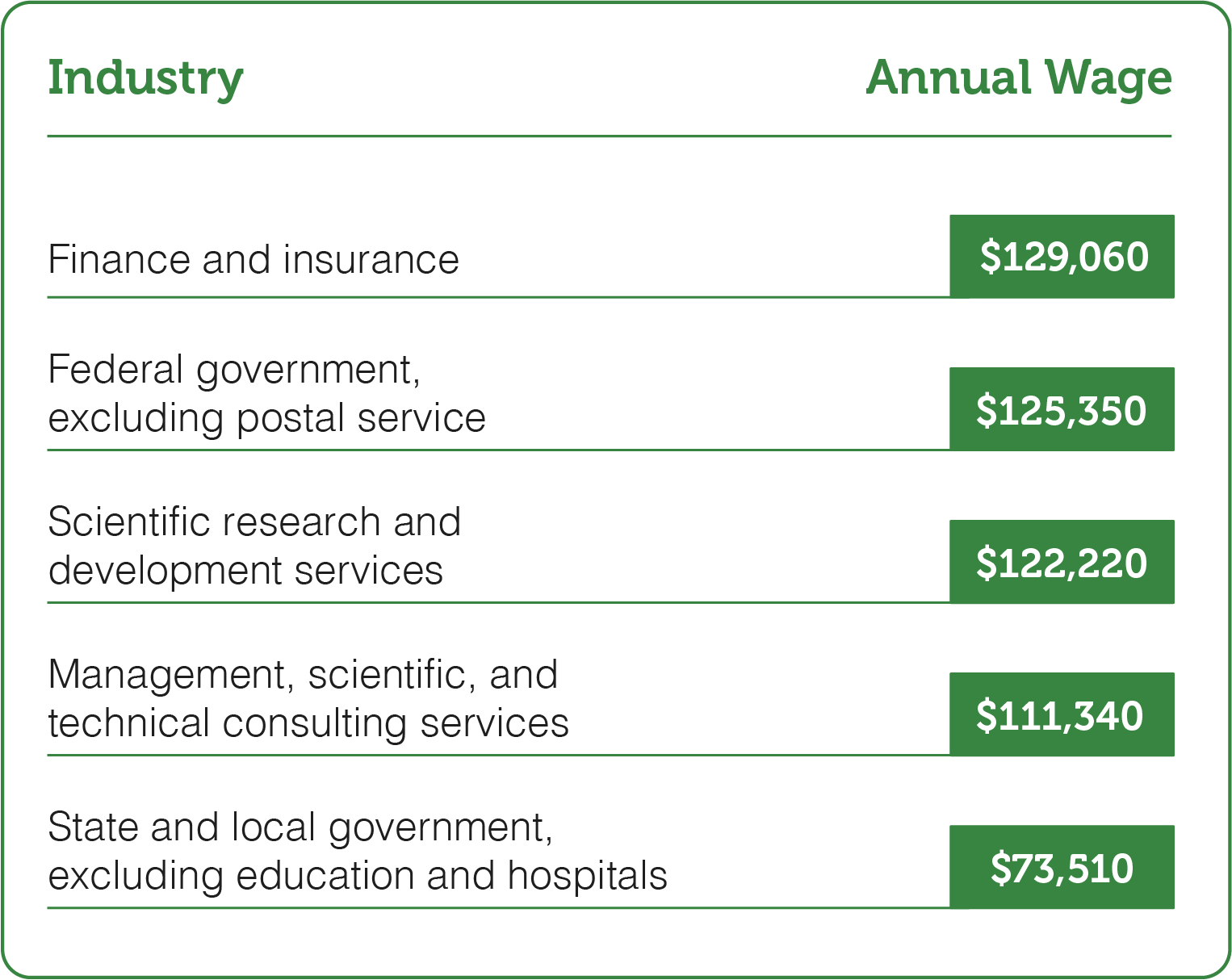
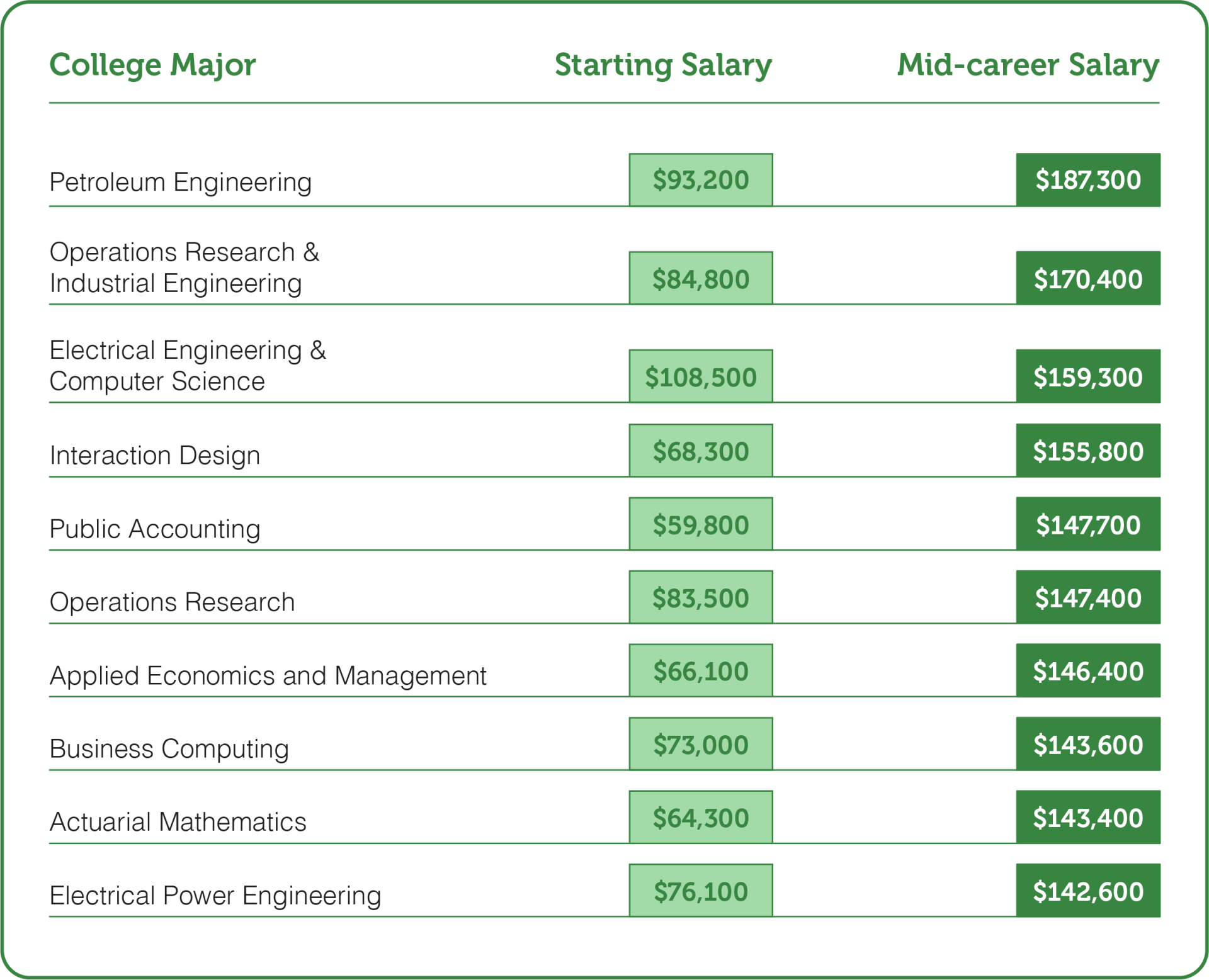
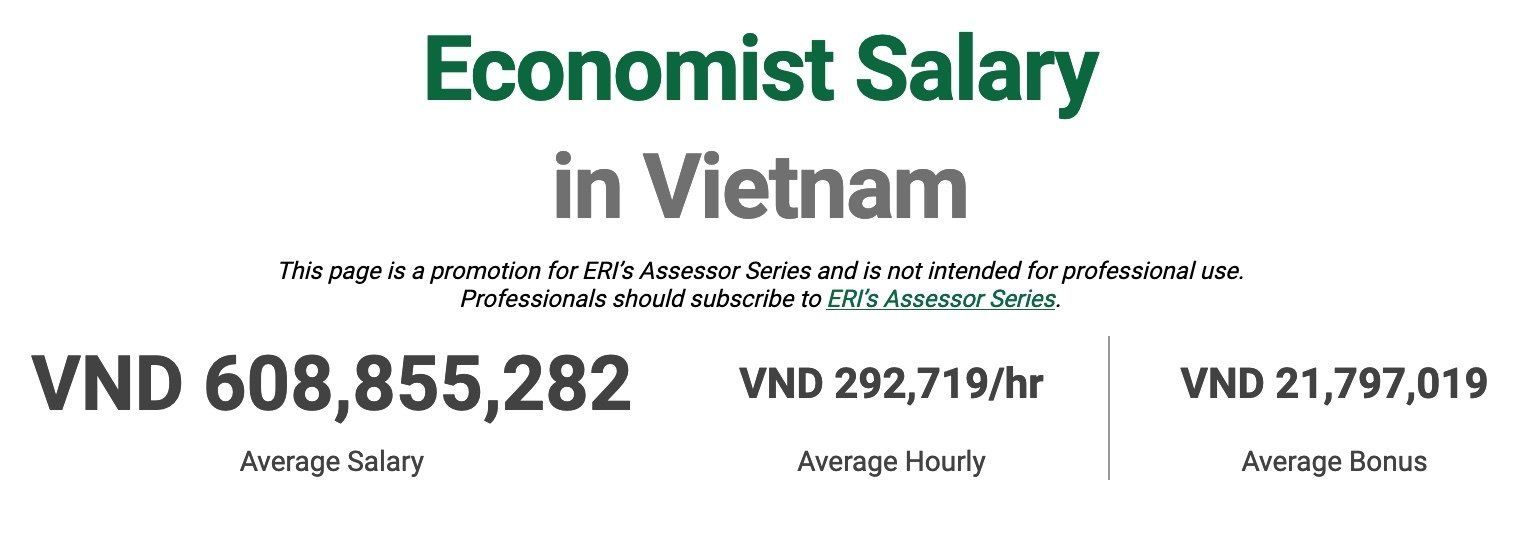
Potential Careers
Business Developer
Risk Analyst
Risk Management
Financial Adviser / Counselor
Trust Administrator
Securities Broker
Investment Banker
Commodities Broker
Credit Analyst
Economic Forecaster
Business Analyst
Funds Manager
Economist
Skillset
Research Economic Issues
Interpret and Forecast Market Trends
Advise Businesses, Governments, and Individuals on
Economic Topics
Recommend Solutions to Economic Problems
Write Articles for Academic Journals and Other Media
Conduct Surveys and Collect Data
Analyze Data Using Mathematical Models, Statistical Techniques, and Software
Present Research Results in Reports, Tables, and Charts
Problem Solving
Analytical Thinking and Innovation
Self-Management
Active Learning and Learning Strategies
Problem Solving
Reasoning, Problem Solving and Ideation
Working with People
Leadership and
Social Influence
Self-Management
Resilience, Stress Tolerance and Flexibility
Technology Use
and Development
Technology Use, Monitoring and Control
Technology Use
and Development
Technology Design and Programming
Problem Solving
Complex
Problem-Solving
Problem Solving
Critical Thinking
and Analysis
Problem Solving
Creativity, Originality and Initiative
—
Future Skills in Demand
Top 10 skills of 2050
Testimonials
—
Teacher Testimonials
New Paragraph
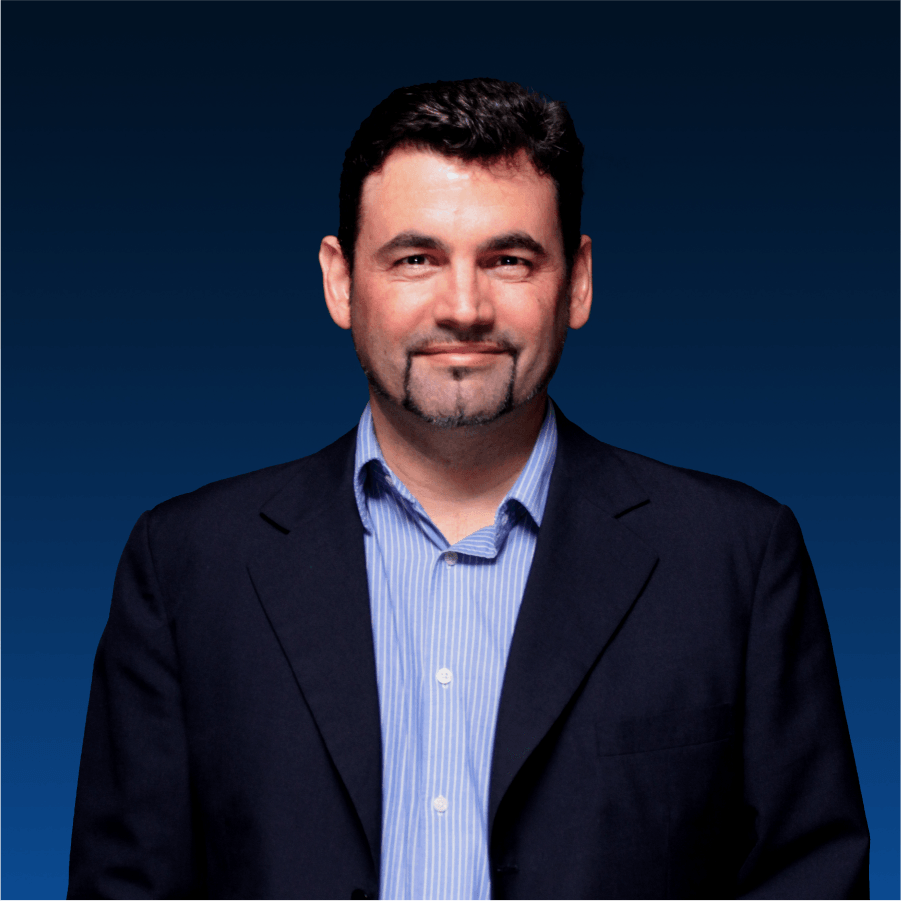
Daniel B
Lecturer
Economics is the science everybody talks about without knowing they are talking economics. It’s the field that penetrates life into the most intimate. Economics brings sometimes joy, sometimes sadness but always brings enlightenment.
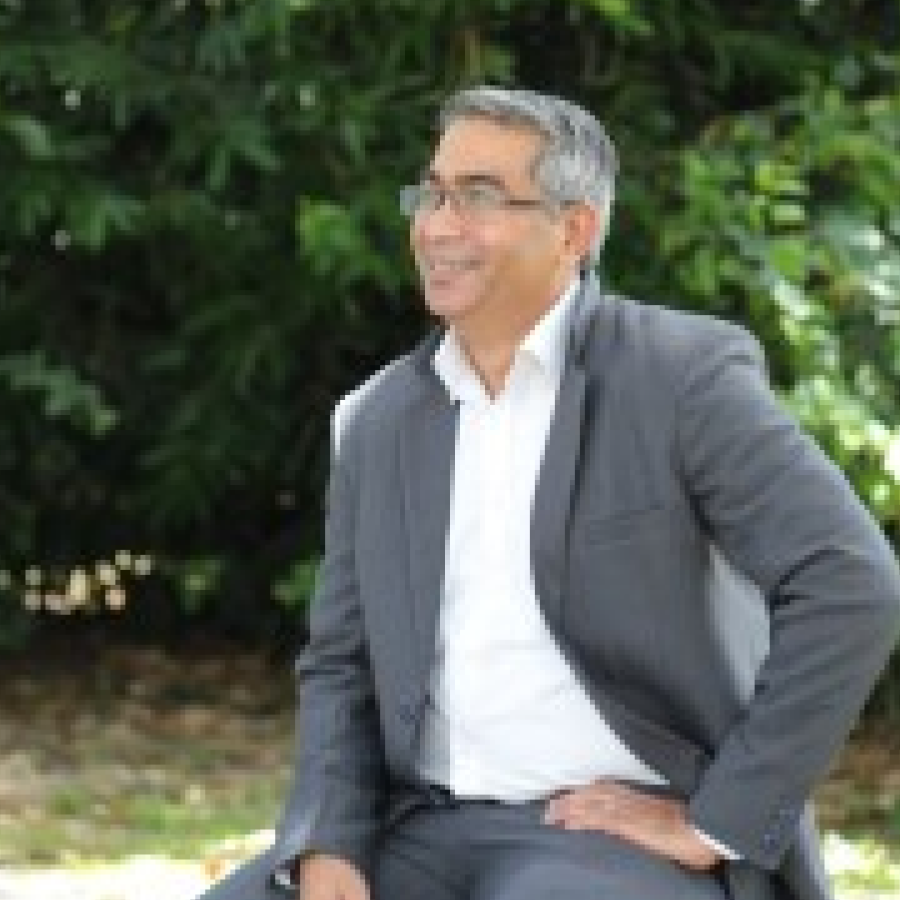
Richard Ramsawak
Lecturer
My passion for economics is deeply steeped in the belief that it provides the concepts, tools, and theories that can help us as a people solve the problems that we face, save lives, and ensure a sustainable future for the next generation. At practical level economics helps in decision-making, and provides the foundation for understanding as a whole how the world functions, governments develop and implement policy, and people respond to change. At RMIT in the BBUS Economics program, we aim to provide our students firstly with a broad understanding of how the world functions, markets are connected, and how individuals make decisions, particularly during periods of uncertainty and change. We also aim to build competencies in data analytics, and modeling, and encourage critical thinking among our students so that they can develop new insights to both traditional and new challenges. Through our research projects, group-based activities, internships, and university club activities we aim to make our graduates make ready for work, either as innovative team players, or the next generation of leaders.
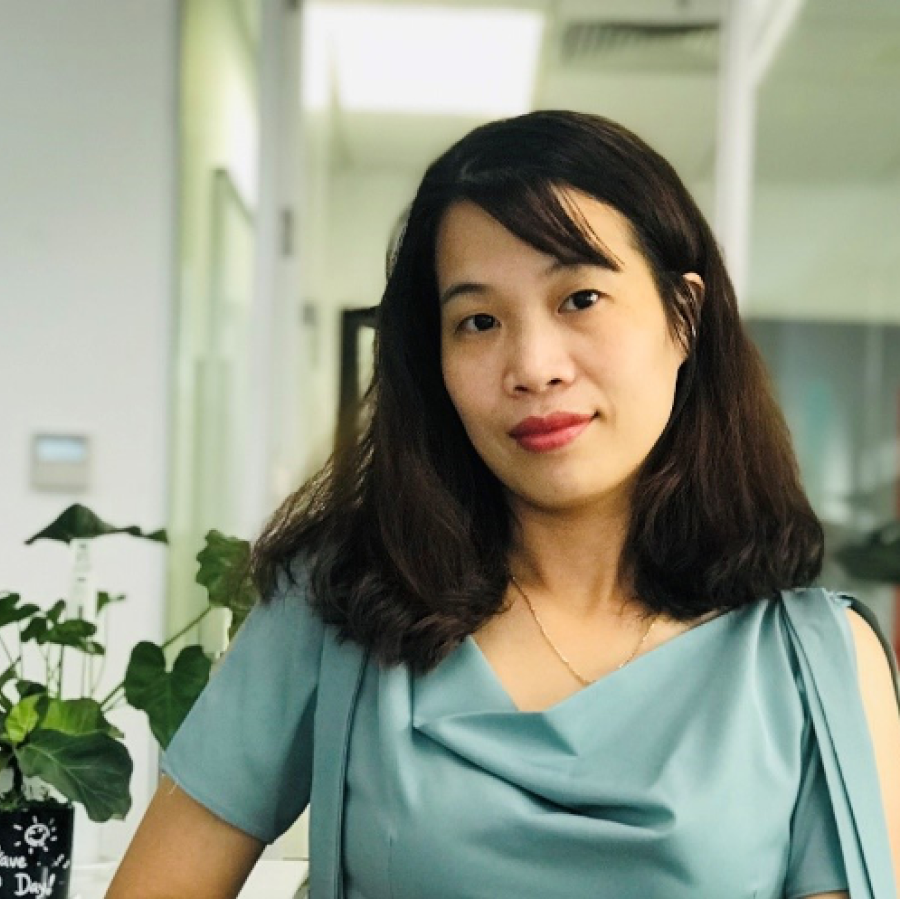
Dr Van Ha
Lecturer
Understanding how decisions are made, how markets work, and how economic forces drive social systems, equips me to make better rational decisions and solve complex problems. Adding psychological elements to Economics enables me to understand and explain irrational choices often made by people. From traditional economic theories and models to human behavior analysis, Economics has not only shown me how the world and humans interact but also has helped me to be a wiser decision-maker in my professional and personal life.
—
Alumini's Testimonials

Ms Thai Chung Tuy Vy
Risk Operation Team Leader at Standard Chartered Bank
I’m Tuý Vy, currently working as a Risk Operation Team Leader at Standard Chartered Bank.
Having graduated from Bachelor program of Economics and Finance, I’ve been able to study numerous knowledge, which has also been extremely beneficial for my career, but what impressed me the most was how my program instilled in me a strong mindset of keeping practicing critical thinking skills in almost every task, including both daily and professional ones.
I can guarantee you that RMIT students will be instructed to know how to deal with difficult situations in career and also dilemmas in life, through various tasks and projects during the courses. Later in your career, you will certainly find these skills playing a pivotal role in advancing your career.
I hope you can find out the inner call for your future path during your precious here, in our beloved RMIT university.

Nguyen Ly Thanh Luong
Senior Analyst Masan Group
RMIT was not my first option for university, but it is the best option that led to my career path today. The great thing RMIT gave me was a professional learning environment, where I had the chance to learn with professors in different economic fields: Investment, Law, Quantitative, or Marketing while facing multiple deadlines and real-life business cases.
On top of that, RMIT gave me the freedom I needed to actively participate in nationwide competitions, start a small business, host frequent events, and search for mentors. That is what a university should be, teaching you less theory and more real-world experience. Because no matter how hard you study, your gap with the real world will still be a huge blank space that you should be prepared for.
—
Industrial Speaker's Testimonial
New Paragraph
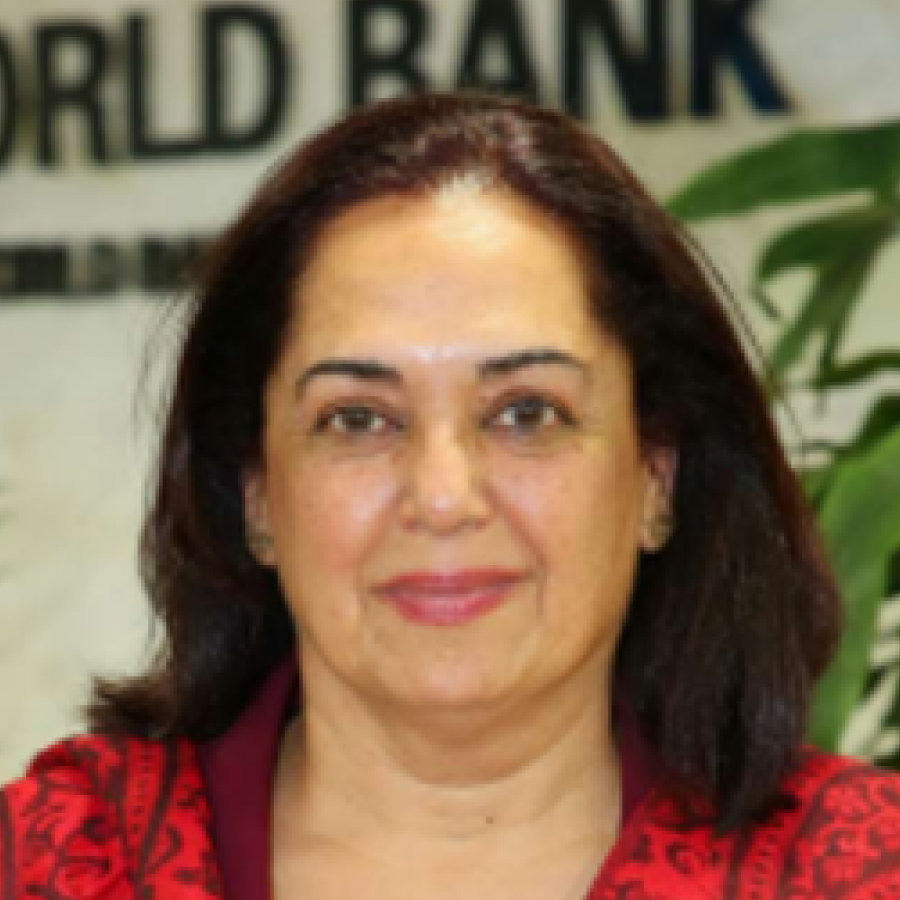
Dr Dorsati Madani
Senior Economist
The World Bank – Vietnam
Studying economics helps you understand how your society works, and what motivates people and companies to make the decisions they do. It give you important tools to be able to analyze the economic and financial options available to you and others. If you decide to work in economic development, studying economics will give you the knowledge to help governments and international organizations define policies that can help people make better choices and help a country grow and develop.
Infographic

